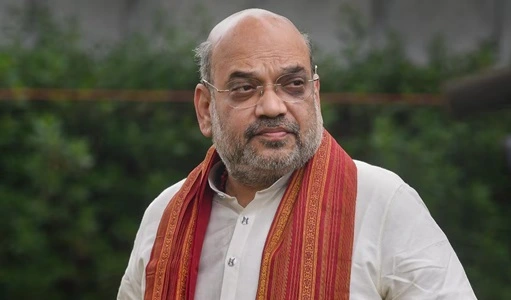India and Russia are on the cusp of concluding a significant logistics agreement, the Reciprocal Exchange of Logistics Agreement (RELOS), which is poised to bolster military cooperation between the two nations. The RELOS will grant reciprocal access to each other’s military facilities, enabling logistical support such as refueling, maintenance, and berthing of warships and military aircraft. This agreement is part of a broader strategy that India has adopted with multiple countries, including the U.S., Japan, Australia, and France, aimed at enhancing its military reach and operational efficiency.
The RELOS agreement is expected to provide the Indian military with access to Russian facilities in strategic locations such as the Arctic, where new shipping routes have emerged due to melting ice caps. This access is crucial for India, given the growing geopolitical importance of the Arctic region and its resources.

Expanding Civil Aviation Links
In addition to military logistics, India and Russia are set to enhance cooperation in civil aviation. This includes potential partnerships in aircraft manufacturing, maintenance, and aviation security. The move aligns with India’s broader goal of expanding its civil aviation sector, which is among the fastest-growing in the world. Russia’s expertise in aerospace technology and India’s burgeoning aviation market present mutual opportunities for growth and development.
Strategic Significance
The strategic partnership between India and Russia is rooted in a long history of military and economic cooperation. During the Cold War, the Soviet Union was a key ally of India, and this relationship has evolved to encompass various dimensions, including energy security and defense technology. The upcoming RELOS agreement and civil aviation cooperation are seen as extensions of this enduring partnership, aiming to address contemporary geopolitical challenges.
Broader Military Cooperation
Beyond logistics, India and Russia continue to engage in extensive military-to-military interactions. This includes joint exercises such as INDRA-NAVY and INDRA-ARMY, which enhance interoperability and readiness for real-time combat situations. These exercises also demonstrate the commitment of both nations to maintaining regional security and stability.
Economic and Energy Ties
Economic convergence remains a cornerstone of India-Russia relations. Bilateral trade between the two countries has reached significant milestones, with ambitious targets set for the future. Energy cooperation, particularly in the areas of nuclear and natural gas, further strengthens this bond. The Kudankulam Nuclear Power Plant in Tamil Nadu, built with Russian assistance, exemplifies the depth of this collaboration.
In summary, the expanding logistics links and civil aviation cooperation between India and Russia underscore the strategic depth of their bilateral relationship. These initiatives not only enhance military and economic ties but also position both countries to better navigate the complex geopolitical landscape of the 21st century.

